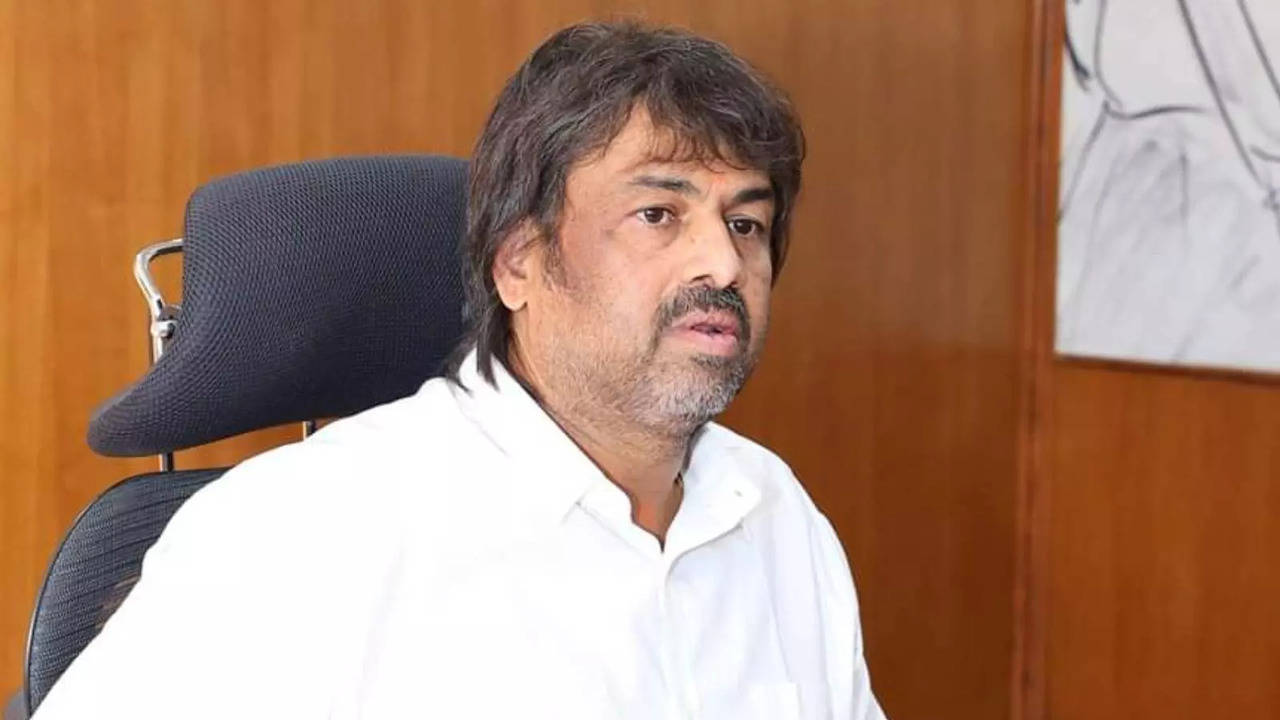Karnataka Education Minister Madhu Bangarappa’s reaction to a student’s comment about his Kannada proficiency has sparked widespread controversy and criticism, where it was observed that the minister did not know the Kaneda language . The incident occurred during the launch of a free online coaching initiative aimed at preparing around 25,000 students for competitive exams like the Karnataka Common Entrance Test (KCET), JEE, and NEET. The minister’s directive to take action against the student drew sharp backlash from the Opposition BJP, escalating the political discourse.
Student’s Remark Triggers Minister’s Response
During a video conference to inaugurate the coaching course, a student’s voice was heard stating, “The Education Minister does not know Kannada.” The comment visibly upset the minister, who was speaking in Kannada at the time. Responding promptly, Bangarappa retorted, “What? Who is it? Am I speaking Urdu?”
He went further, instructing the authorities to record the interaction and take action against the student. Terming the remark as “stupid,” the minister directed the teacher and the Block Education Officer (BEO) to handle the matter seriously. “I cannot sit quietly,” he asserted, demanding immediate action.

Opposition BJP Condemns Minister’s Reaction
The minister’s directive for action against the student has faced sharp criticism from the Opposition BJP, which accused Bangarappa and the ruling Congress of suppressing free speech. Karnataka BJP’s official handle on X (formerly Twitter) shared a cartoon mocking the minister’s response. The cartoon depicted a student asking a question to the minister, with the caption highlighting the contradiction between encouraging bold questions and labeling a student’s remark as “stupid.”
Union Minister and Karnataka MP Pralhad Joshi also joined the fray, questioning Bangarappa’s response. In a post on X, Joshi wrote, “Hadn’t Madhu Bangarappa publicly admitted that he doesn’t know Kannada? Why is the @INCKarnataka punishing the student who reminded him of this? What are they trying to achieve here? What else can be expected of hopeless Congress?“
Context of the Controversy
The incident occurred during the unveiling of an ambitious online coaching program aimed at providing free resources to students preparing for competitive exams. The program is designed to support underprivileged students, offering them equal opportunities to excel in engineering and medical entrance exams. However, the controversy has overshadowed the launch, shifting focus to the minister’s reaction rather than the initiative itself.
The minister’s remarks also brought back previous instances where questions about his Kannada proficiency had been raised. Critics have pointed out that Bangarappa had earlier admitted to limited proficiency in Kannada, raising questions about his defensiveness during the interaction.

Political Fallout and Public Reactions
The controversy has added fuel to the ongoing political rivalry between the ruling Congress and the BJP in Karnataka. The BJP has accused the Congress government of being intolerant to criticism, especially from the younger generation. Social media platforms have been flooded with comments, with many questioning whether the minister’s reaction was appropriate or heavy-handed.
Supporters of the minister argue that the student’s comment was disrespectful and undermined the dignity of the office. They contend that taking action against such remarks sets a precedent for maintaining decorum in public interactions. On the other hand, critics believe that the minister’s response was disproportionate and reflects poorly on his ability to handle criticism constructively.
Free Speech vs. Authority: A Broader Debate
The incident has reignited debates about free speech, especially in educational and political settings. Questions have been raised about the balance between respecting authority and allowing young voices to question and express opinions. The minister’s decision to involve education officials in addressing a seemingly trivial comment has been perceived by some as an overreach of power.
Experts and educationists have weighed in, highlighting the importance of fostering an environment where students can freely express their thoughts without fear of retribution. They argue that such interactions are crucial for nurturing critical thinking and active civic participation among the youth.
A Missed Opportunity Amid a Noble Initiative
While the free online coaching program launched by Madhu Bangarappa was a commendable step toward bridging educational gaps, the controversy surrounding his reaction has overshadowed the initiative’s significance. The minister’s strong response to the student’s remark and the ensuing political backlash have turned attention away from the program’s potential benefits.

